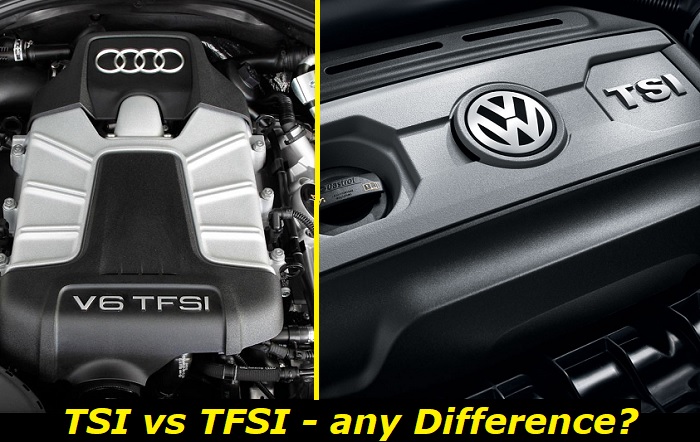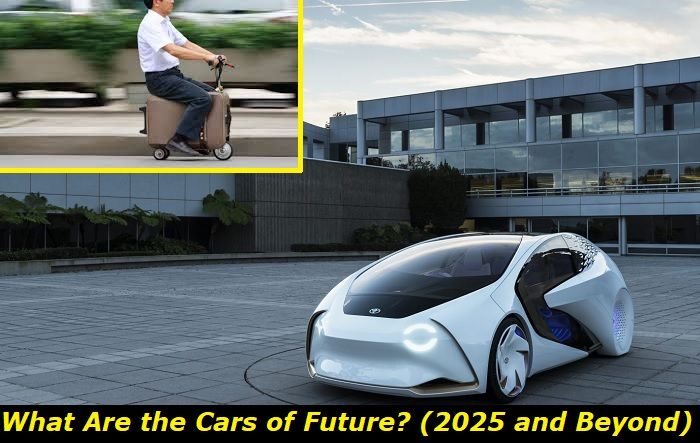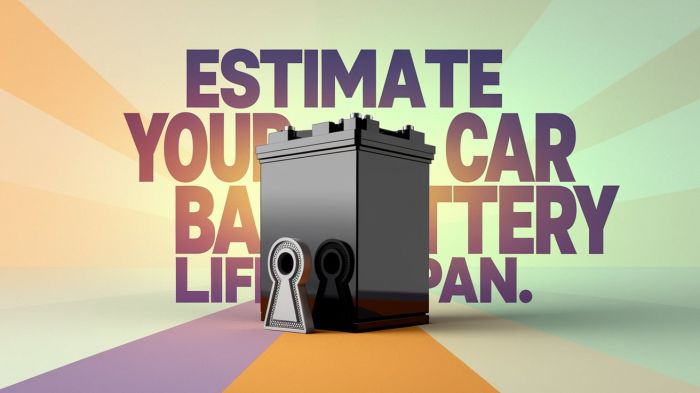We've read so many wrong things about these engines that we've decided to write a big article telling you if there is actually a difference between TFSI and TSI engines. These are both Volkswagen Group turbocharged engines that are developed in one engineering factory and share the same technologies, so do they differ much?
Today, we'll tell you a little about the technologies of the TSI and TFSI engines and will also share some information with you that will help you decide if these engines are good. But the most important thing is that we'll finally make it clear to you if these TSI and TFSI engines made by VW and Audi are actually the same.

Some statements about the TSI and TFSI engines
We've heard and read so many statements about these engines that were completely wrong and even insane that we've decided to start with these thoughts. First of all, we want to tell you that this technology is still used in modern engines. For example, the 1.5 TSI engine was introduced recently in Europe and it's installed in many models of Volkswagen, Skoda, and Seat.
But it doesn't mean that this technology is going to live forever. Up to 2030, Volkswagen Group wants to introduce electric versions of all models and up to 2035, they just want to turn to electric models completely forgetting about gasoline cars and, what's more, diesels.
Here are some statements about these engines:
- WRONG: TSI is a single-turbocharger engine while TFSI is double-turbocharger construction. This is not true, you can find both one and two-turbocharger engines in both categories.
- WRONG: TSI is an older technology while TFSI is more modern. No, the first TFSI engine was introduced in 2004 while the first-ever TSI engine was presented in 2006.
- WRONG: TSI means smaller engines while TFSI is only for bigger displacement units. It's not true, you can see a 3-liter TSI in a Touareg in Europe in some years. Also, the 2-liter TFSI was the first TFSI engine ever built.
- WRONG: TFSI is much better than TSI. No, this is not true. The technology is pretty much the same, so these engines usually have common problems and any type of them can't be considered better than another one.
- TRUE: These are marketing names for basically the same engines. Yes, these engines are more or less the same in construction and they are just called differently for luxury Audi cars and for more budget-friendly Volkswagen units.
- TRUE: TFSI and TSI engines have basically the same common problems, but they were developed from different units. So, the first versions of these engines weren't identical in terms of technologies, and TFSI was better than TSI.
So, yes, a lot of things are confusing. But what you should know is that these technologies are the same now. They were built using different technologies as the base engine.
The first TFSI engine was based on the 2.0 FSI - the Volkswagen naturally aspirated engine with direct injection. They just added a turbocharger and called it TFSI. It was mainly used for Audi, so from that time they started using this name for Audi turbocharged engines.
The first TSI engine was made from a simple 1.4-liter engine. It also used direct injection and a simple turbocharger. But the type and number of turbochargers were changed later with the development of these technologies.
But today, these engines are basically identical. Maybe just some small features will differ in them.
Why do people still think that TFSI is better than TSI?
The fact that all TFSI engines were used for Audi vehicles made people think that this technology is more luxurious, expensive, and capable than the TSI technology. But is that true? No, these engines are still the same, but they usually use different displacement of the block, so the TFSI engines are better and more capable, in most cases.
Audi doesn't use 1.4 TFSI because of its small potential power and really small displacement. They use mostly 2.0 TFSI and 3.0 TFSI with some other less popular options. But Volkswagen doesn't care about displacement, these guys need fuel economy, so they use 1.4 TSI, 1.5 TSI, 1.2 TSI (for Europe only), 1.8 TSI, and 2.0 TSI. Any bigger displacement seems to be exotic for this series.
So, if you compare the presented TFSI engines and TSI units, you will see that Audi has better engines - they offer more power and bigger displacement, and they often show more advantages because of their specs.
What are the common problems of the TSI and TFSI engines?
Some common problems in these two types of engines prove that the technologies are the same now. We've investigated the reviews on the market and we've seen the same reports from drivers. People claim that these engines have very similar problems and this is one more important proof that they are identical.
Here are some of the most common problems of TSI and TFSI engines:
- Oil consumption. Unfortunately, after 100,000 miles, all of these engines start burning some oil. It means that piston rings and/or valve seals are not OK anymore and soon the engine may ask for an expensive repair or even for replacement.
- Ignition coil problems. In both TSI and TFSI, the ignition coils don't live long. When you want to change them, you will be shocked by the prices for OEM parts from VW or Audi.
- Turbocharger failure. Yes, turbochargers are really bad in all of the VW turbocharged engines. They can ask for a replacement at 25,000 miles. But it depends on the oil quality, and we've seen TSI and TFSI engines with stock turbos with 200,000 miles on them.
- Injection problems. These engines are all direct-injection units which is good for fuel economy but really bad for the owner's pockets. Carbon buildup and other problems will be there with you regularly.
- Timing chain problems. Different engines have different types of timing belts and chains, but if you have the chain, you'll probably suffer from tensioner failure. This may result in really big problems once the chain jumps.
- Oxygen sensor problems. Also, the TSI/TFSI engines have problems with oxygen sensors and check-engine lights. This is bad trouble that may take a lot of money from your pocket.
Well, not all of these problems are going to happen in your Volkswagen or Audi vehicle, but some of them will surely come. Unfortunately, the technology is not the best in its class and it's not the most reliable type of turbocharged engine in the world.
But still, we have to admit that German engines have a lot of advantages such as power, torque, acceleration, fuel economy, emotions when driving, low noise and vibration level, etc. These are really good units to drive that may surprise you with their performance and other features.
How long will TSI and TFSI engines last?
The average longevity of these engines depends on the type of the unit, model year, type of the vehicle, and also on horsepower. You may know there are different types of 1.4 TSI, for example. One may offer 122 hp, the other will deliver 125 hp, and there can also be a version for 140 and 150 horsepower. The more power the engine has, the less time it will actually last.
Also, the longevity depends on the displacement. 1.4 engines are not really reliable and they will go a maximum of 150,000 miles. While 1.8 TSI or 2.0 TFSI may go longer - over 200,000 miles.
Unfortunately, this logic doesn't work well with the 3.0 TFSI which is a sporty engine for Audi performance cars. This one will probably last about 120,000 miles with no problems and then you'll have to invest some money in it.
But the overall longevity of the engine is not bad at all. If you compare it with the Chevy turbocharged engines or Fiat-Chrysler options available on the market, you'll see that Volkswagen offers something in the middle of the market in terms of longevity.
Final words
The turbocharged Volkswagen and Audi engines are not bad at all. They are economical and really good to drive. But, as with any other thing in the world, they have their own common problems and disadvantages. If you are ready to avoid and prevent them by offering wonderful TLC service and maintenance for your vehicle, you will be glad about these engines.
But if you want a cheap and all-purpose vehicle that you can drive for years with changing oil, then these TSI and TFSI technologies are not for you.
About the authors
The CarAraC research team is composed of seasoned auto mechanics and automotive industry professionals, including individuals with advanced degrees and certifications in their field. Our team members boast prestigious credentials, reflecting their extensive knowledge and skills. These qualifications include: IMI: Institute of the Motor Industry, ASE-Certified Master Automobile Technicians; Coventry University, Graduate of MA in Automotive Journalism; Politecnico di Torino, Italy, MS Automotive Engineering; Ss. Cyril and Methodius University in Skopje, Mechanical University in Skopje; TOC Automotive College; DHA Suffa University, Department of Mechanical Engineering






Add comment